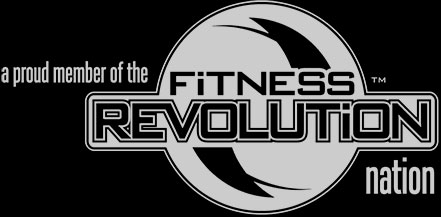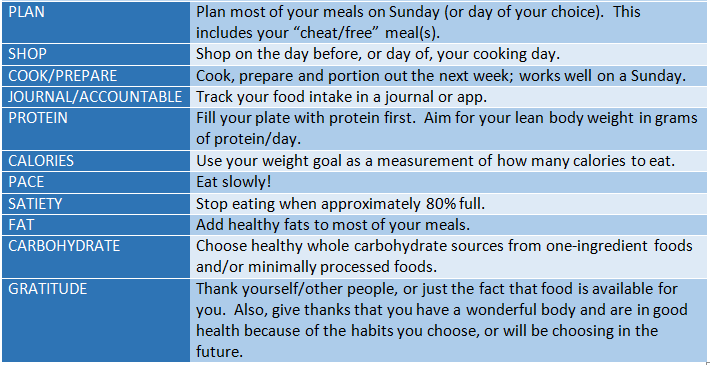Everybody has heard of personal training. It is ubiquitous in every gym. You join, they set up an appointment with a trainer, you discuss goals, frequency, duration, training history, time of day, etc. It is the “personal” part of personal training. You get a training card with your exact routine:
- If you want to gain muscle, it is probably a body part split, with reps between 8-12, 3-4 days/week.
- If you want to get super strong, it is a powerlifting style, with lower reps and heavy weight.
- If you want to burn fat, it may be a metabolic style with several exercises grouped together with the goal of burning calories.
- If you “want it all”, it is a total body routine that is repeated 3-4 days/week.
Could the same be said for “personalizing” your nutrition? If you read ten different books, each with their own twist on how be lean, eat healthy and look/feel your best, you would likely be more confused than ever. So, if we take the time to write up exercises, design programs and teach proper form, exercise progressions, recovery methods, etc, shouldn’t we treat nutrition pretty much the same?
Personalized nutrition is as much science as it is art. Training methodologies work for the vast majority of trainees; the same cannot be said for nutrition. It is much more about the person and how they need to eat than training. For example, Brian and myself have extremely fast metabolisms and are afforded the “luxury” of eating whatever we want. While it works for us, it is not recommended for everybody. Others simply have to look at food and they gain weight. It comes down to experimenting with several different habits, not diets, until you find the formula that works.
So, you may be wondering, “How can this work for me”? It is a two part process:
Part 1 – Develop habits.
Part 2 – Experiment, refine and repeat those habits.
Here are a few habits to consider:
In the past, I have been guilty of taking more about diet/nutrition than building habits that include nutrition, but are not grounded in nutrition. Some of the habits above (journalling, gratitude, planning) are not directly about food but about a habit involving food. They could also be about anything else in your life!
There is not a “one-size-fits-all” answer when it comes to nutrition. It is a never ending quest to learn as much as you can about your own unique physiology, brain chemistry, metabolism, genetics, and digestion among other factors. The key is to never give up the journey to find your formula to personalize your nutrition.
to learn as much as you can about your own unique physiology, brain chemistry, metabolism, genetics, and digestion among other factors. The key is to never give up the journey to find your formula to personalize your nutrition.
If you would like to chat more about this topic, let us know and we can go down the rabbit hole together until we find the answers!


